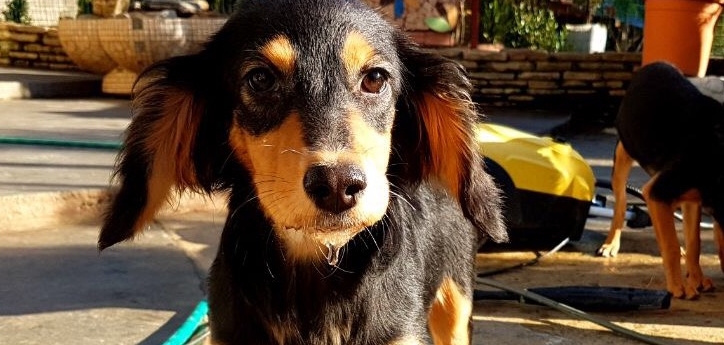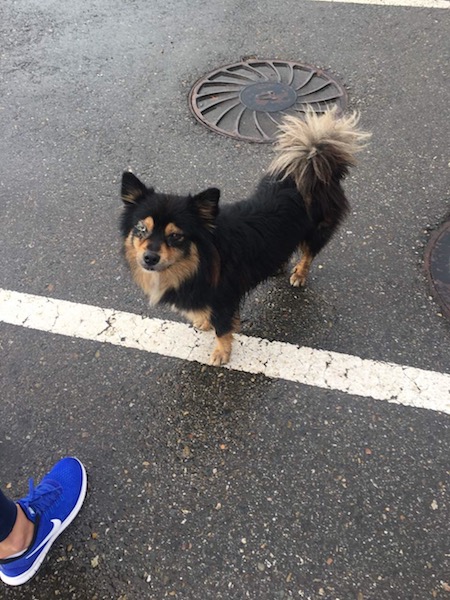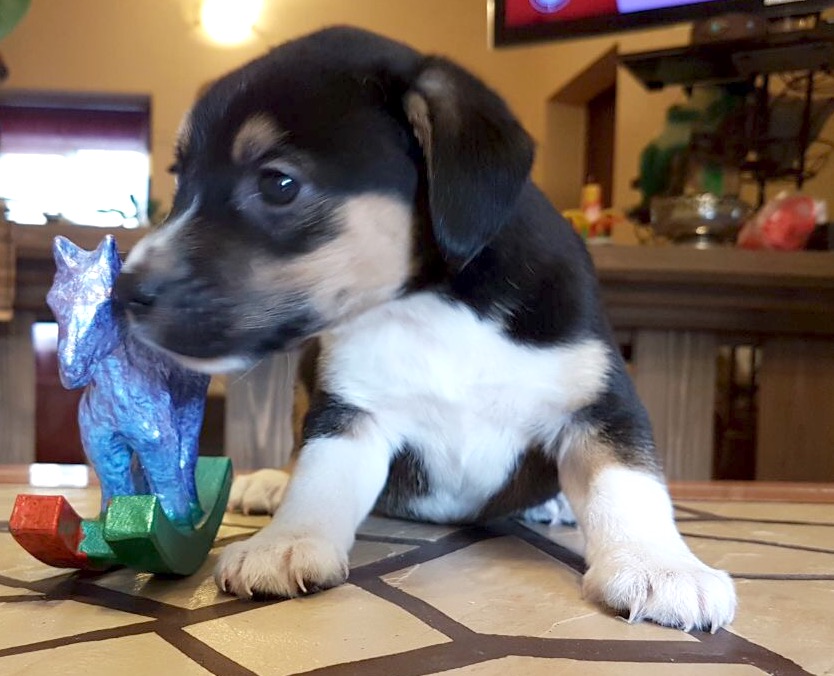1. Create a good routine.
Just like humans, dogs also follow routines when it comes to basic body functions. For canines, the urge to pee or defecate usually comes upon waking up, after meals, and at nighttime. So simply take note of these times and take your dog outside to encourage elimination outdoors. Do this consistently to train your dog and to let him know when he is allowed to go and supposed to go. Going out at night may require more effort from you but it is part of a good routine. You may be worried about losing sight of your dog if you let him out after dark. You can get your dog to wear a reflective dog collar so that you can see exactly where he is and which spot in your backyard or street requires a bit of cleaning up.
2. Practice it consistently.
Just like babies, young dogs do not understand the concept of holding it in until they are allowed to go outdoors. Expect them to have accidents inside your home and anticipate these moments. Try to observe your dog’s body language and then take him outside if it looks like he is about to pee or poop. Do this consistently and frequently and your puppy will begin to make a connection between needing to go and actually going. But how frequent is frequent? Age equals hours. For example, if your puppy is 4 months old, 4 hours is the maximum time before he needs to do his business.
3. Use a crate.
Puppies do not like soiling their sleeping or living space. As such, a crate is a good training tool for housebreaking. Select a crate that has just enough room for your dog. Leave him there when you cannot supervise or take him outside. If he soils the crate, he will be very uncomfortable and the situation will condition him to control bladder or bowel movement.
4. Try indoor training pads.
Training pads can be used to instruct your puppy that there is a specific area for elimination. Select a good pad that is treated with special scents that attract dogs. Start indoors and gradually move the training pad outside. In addition to helping housebreak your puppy, this method is also a convenient option for times when you cannot take your dog outdoors.
5. Observe the 15-minute rule.
Whenever your dog finishes something, be it eating, drinking, sleeping or playing, take him outside for 15 minutes. This span of time gives your dog the chance to urinate or defecate. This is what seasoned dog owners mean when they advise newbies to take their puppy out of the house frequently.
6. Supervise and reward.
Like a child, your new puppy needs and craves all the attention he can get. Constant supervision is key to mastering proper elimination behavior. Provide instructions and be patient when teaching your dog how to behave, and reward him well if he does a good job. Your dog desires your approval, and he’ll feel compelled to perform well if he sees that you’ll give him a treat or shower him with praise after he completes the task.
7. Address accidents properly.
It will take time to housebreak your dog and that is okay. The best thing you can do while he’s still learning is to prepare for these accidents so that everything can be cleaned with minimal effort. Stock up on strong cleaning products that remove stains and smells. Thoroughly cleaning the soiled spot is important because any trace of an accident will encourage your pet to return to the same spot instead of going outside.
It takes effort, commitment, patience, and time to housebreak a dog. You’ll know that your dog treats your home as his own once he starts to understand that there is a proper place and time for urinating and defecating.







